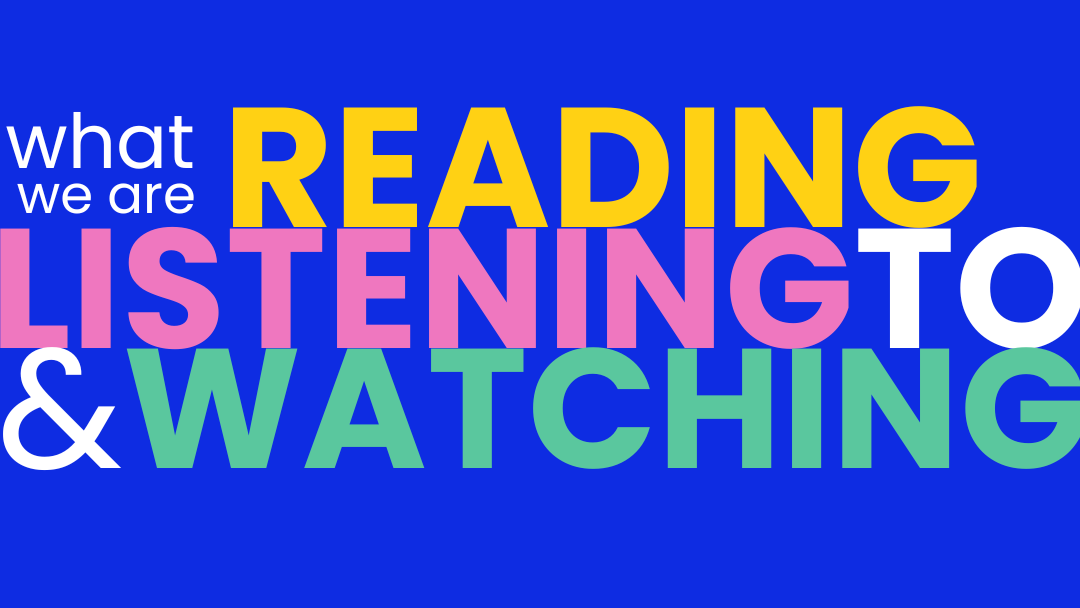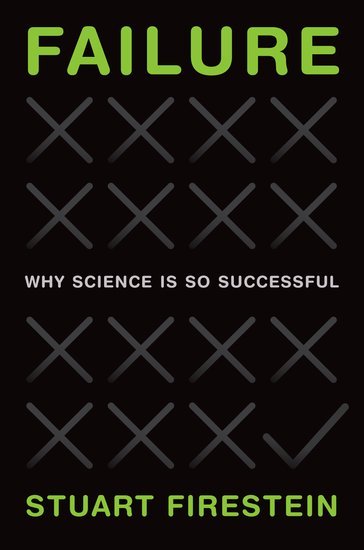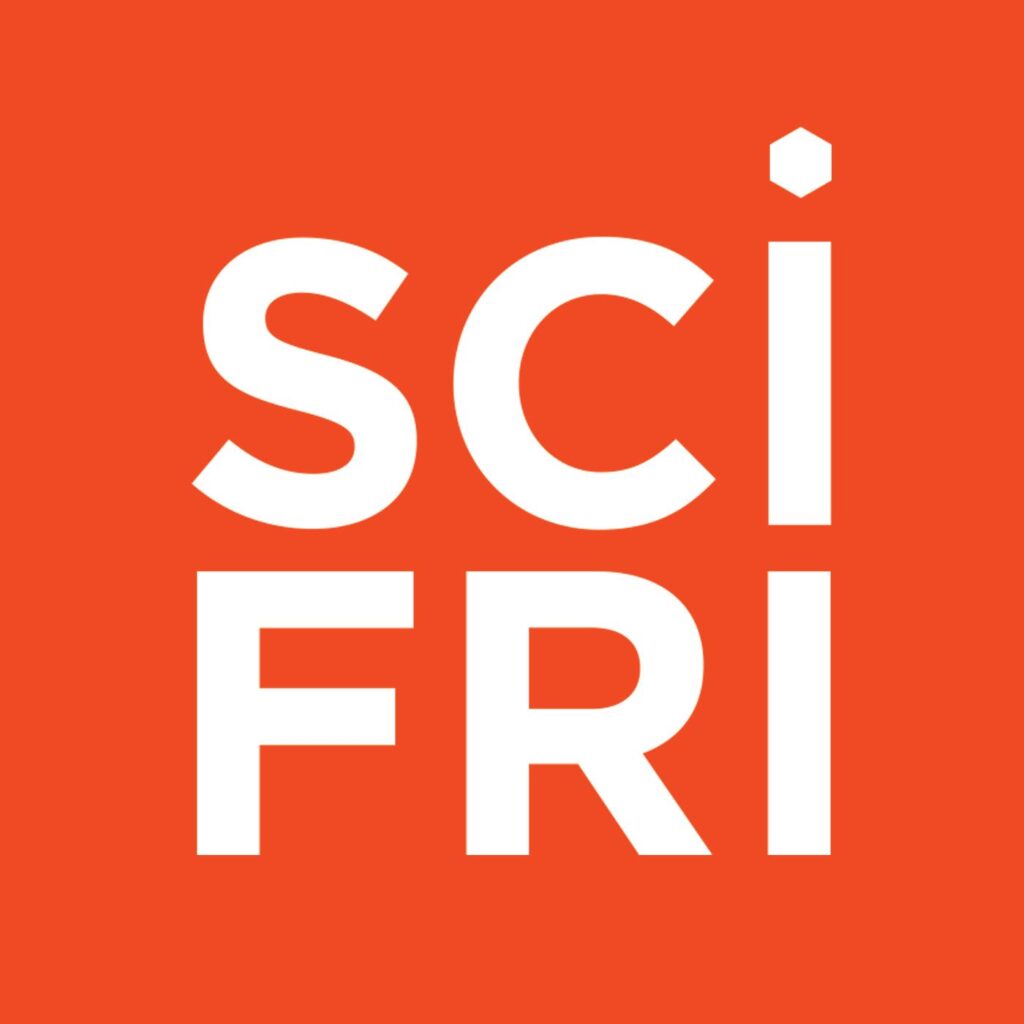
Welcome to our new section! Every other Thursday, we will be sharing recommendations of books, articles, podcasts and videos – all about science, society, education and learning. Please feel free to share content with us that you think would be of value for our readers!
Failures in Science
Have you ever stopped to think about how many failures scientists encounter on a daily basis? It might surprise you to know that failure is an essential part of the scientific method. In fact, without failure, science wouldn’t progress at all. But despite its importance, failure is often kept under wraps, leaving young scientists feeling alone and uncertain when they experience setbacks.
But fear not! Our spotlight on the topic aims to pull back the curtain on scientific failures and show you that they’re nothing to be afraid of. Our picks will help you embrace the allure of scientific failures, for they are the tantalizing stepping stones that pave the way to mind-blowing discoveries in science and technology.
Book

DESCRIPTION
The general public has a glorified view of the pursuit of scientific research. However, the idealized perception of science as a rule-based, methodical system for accumulating facts could not be further from the truth. Modern science involves the idiosyncratic, often bumbling search for understanding in uncharted territories, full of wrong turns, false findings, and the occasional remarkable success. In his sequel to Ignorance (Oxford University Press, 2012), Stuart Firestein shows us that the scientific enterprise is riddled with mistakes and errors – and that this is a good thing! Failure: Why Science Is So Successful delves into the origins of scientific research as a process that relies upon trial and error, one which inevitably results in a hefty dose of failure. In fact, scientists throughout history have relied on failure to guide their research, viewing mistakes as a necessary part of the process. Citing both historical and contemporary examples, Firestein strips away the distorted view of science as infallible to provide the public with a rare, inside glimpse of the messy realities of the scientific process. An insider’s view of how science is actually carried out, this book will delight anyone with an interest in science, from aspiring scientists to curious general readers. Accessible and entertaining, Failure illuminates the greatest and most productive adventure of human history, with all the missteps along the way.
ABOUT THE AUTHOR
Stuart Firestein is an American neuroscientist and biologist. After earning his PhD in neurobiology, Firestein was a researcher at Yale Medical School, then joined Columbia University in 1993. At the Columbia University Department of Biological Sciences, Firestein is now studying the sense of smell.
Dedicated to promoting the accessibility of science to a public audience, Dr Firestein seeks to reach broader audiences through nonscientific writing, public appearances, and his support of science in the arts
Podcast

Episode: Why Science Needs Failure to Succeed
Stories of science are filled with eureka moments—from Archimedes’ bath to Newton’s apple—but the scientific process entails false starts and mistakes that are essential to success. In his new book, Failure: Why Science Is So Successful, neuroscientist Stuart Firestein makes a case for science as “less of an edifice built on great and imponderable pillars, and more as a quite normal human activity,” and says “one must try to fail because it is the only strategy to avoid repeating the obvious.”
You can also check out other episodes from the Science Friday Podcast here.
Video
What it takes to launch a telescope | Erika Hamden
TED Fellow and astronomer Erika Hamden leads the team building FIREBall, a telescope that hangs from a giant balloon at the very edge of space and looks for clues about how stars are created. She takes us inside the roller-coaster, decade-long journey to get the telescope from an idea into orbit — and shows how failure is inevitable when you’re pushing the limits of knowledge.
Want to know more about this topic? Here is a list of selected resources.
Journal Articles
Yin, Y., Wang, Y., Evans, J. A., & Wang, D. (2019). Quantifying the dynamics of failure across science, startups and security. Nature, 575(7781), 190-194. doi.org/10.1038/s41586-019-1725-y
Guttinger, S., & Love, A. C. (2019). Characterizing scientific failure: Putting the replication crisis in context. EMBO reports, 20(9), e48765. doi.org/10.15252/embr.201948765
Andréassian, V., Perrin, C., Parent, E., & Bárdossy, A. (2010). The Court of Miracles of Hydrology: can failure stories contribute to hydrological science?. Hydrological Sciences Journal–Journal des Sciences Hydrologiques, 55(6), 849-856. doi.org/10.1080/02626667.2010.506050
Loscalzo, J. (2014). A celebration of failure. Circulation, 129(9), 953-955. doi.org/10.1161/CIRCULATIONAHA.114.009220
Perspective/Opinion Articles
Science | Why I teach my students about scientific failure
Scientific American | Failure in Science Is Frequent and Inevitable–and We Should Talk More about It
